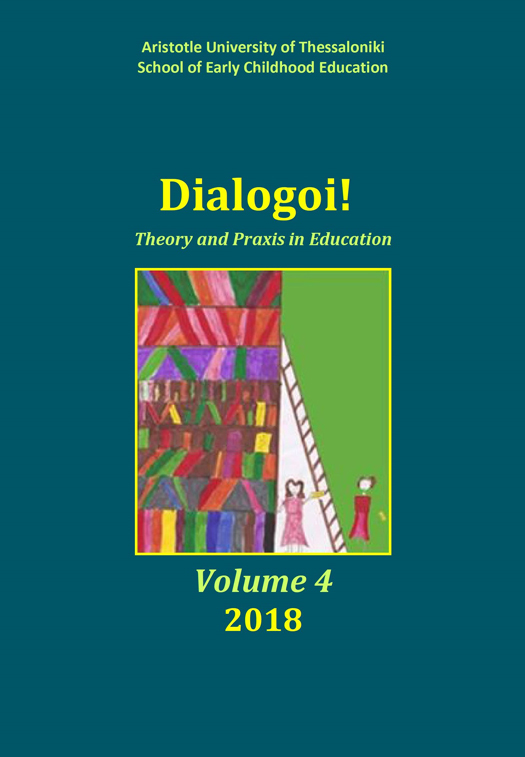Intercultural education and social inclusion of refugee children: Teachers' perceptions

Abstract
This paper attempts to explore teachers’ views and perceptions about the intercultural education and social inclusion of refugee children in the Greek school. A quantitative research was conducted with a questionnaire consisting of closed and open-ended questions. The methodological tool, based on the international and Greek literature, was distributed to a sample of 120 teachers who work in primary and secondary schools with refugee children in the prefecture of Achaia (Southwest Greece) in the academic year 2016-2017. According to the results, it appears that teachers believe that the social inclusion of refugee children in the educational process has been partially achieved. More specifically, teachers argue that the main components in the education system (teachers, native students and parents) consider that refugee children in the Greek school are not sufficiently acceptable. It also appears that refugee children have made friendships with native students and are playing together but take less active part in school events. Moreover, teachers emphasize the need to strengthen the knowledge of native students about multiculturalism and dispose of any negative emotions through the development of intercultural skills. The results of this research and the growing number of refugee children in the Greek school today highlight the need to investigate further the refugee issue so that the educational system understands and responds more efficiently to every child’s needs.
Article Details
- How to Cite
-
Σγούρα Α., Μάνεσης Ν., & Μητροπούλου Φ. (2018). Intercultural education and social inclusion of refugee children: Teachers’ perceptions. Dialogoi! Theory and Praxis in Education, 4, 108–129. https://doi.org/10.12681/dial.16278
- Issue
- Vol. 4 (2018)
- Section
- New researchers

This work is licensed under a Creative Commons Attribution-NonCommercial-ShareAlike 4.0 International License.
Authors who publish with this journal agree to the following terms:
- Authors retain copyright and grant the journal right of first publication with the work simultaneously licensed under a Creative Commons Attribution Non-Commercial License that allows others to share the work with an acknowledgement of the work's authorship and initial publication in this journal.
- Authors are able to enter into separate, additional contractual arrangements for the non-exclusive distribution of the journal's published version of the work (e.g. post it to an institutional repository or publish it in a book), with an acknowledgement of its initial publication in this journal.
- Authors are permitted and encouraged to post their work online (preferably in institutional repositories or on their website) prior to and during the submission process, as it can lead to productive exchanges, as well as earlier and greater citation of published work (See The Effect of Open Access).


